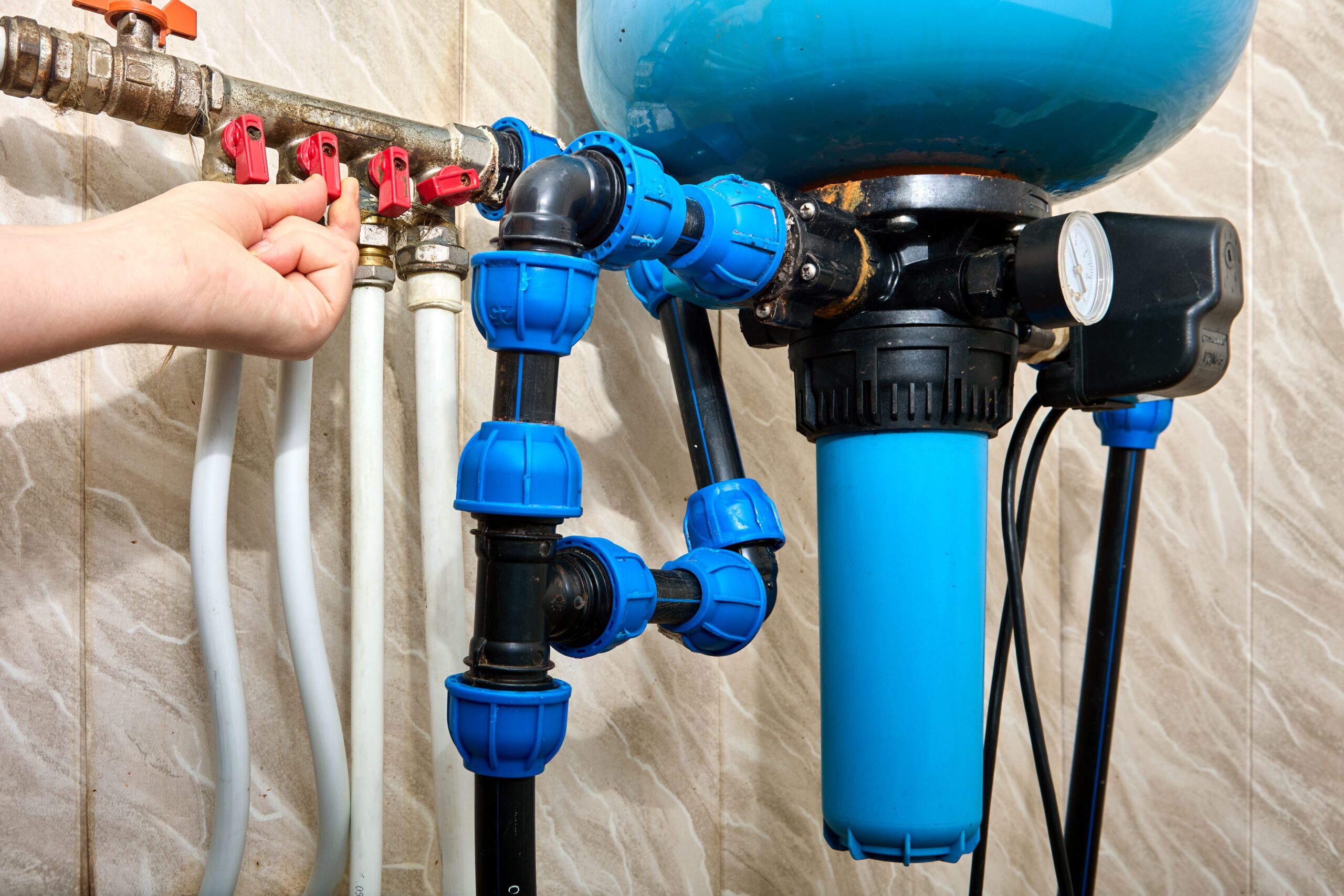Clean water is essential for maintaining good health.
Tap water can contain various contaminants, making it crucial to use a water filter.
Water filters help remove impurities and provide safe, clean water for your home.
Let us talk about them in greater detail.
Contaminant Removal
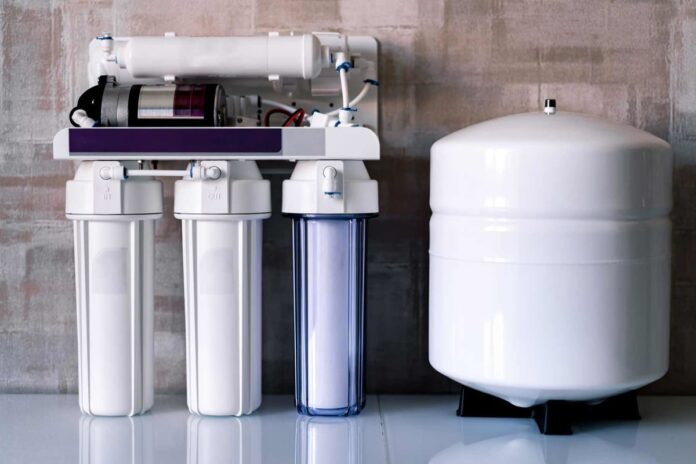
When selecting a water filter, it’s essential to identify the specific contaminants present in your water.
It can be done through testing, which will highlight substances like:
- Chlorine
- Lead
- Bacteria
Look for filters certified by organizations such as NSF/ANSI, which ensure the filter meets specific standards for contaminant removal.
Matching the filter’s capabilities to the identified contaminants in your water is crucial for effective filtration.
Cost
The cost of water filters varies widely depending on the type and capabilities. It’s crucial to consider not just the initial purchase price but also the ongoing maintenance and replacement costs that will accrue over the lifespan of the filter.
Initial Purchase Price
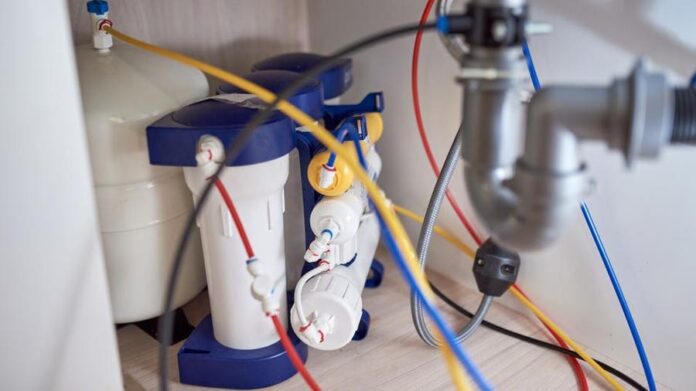
The initial cost can range from very affordable, such as pitcher filters that might cost around $20-$40, to more expensive systems or reverse osmosis units that can range from $200 to over $1,000. The initial cost often reflects the complexity and capabilities of the filter.
Ongoing Maintenance and Replacement Costs
Regular maintenance and filter replacement are necessary to keep the system functioning effectively. For example, pitcher filters typically require a new cartridge every two months, costing $5-$15 each time.
Frequency of Replacements
Some filters may be inexpensive upfront but require frequent replacements, adding significantly to the long-term cost.
Filter Lifespan and Maintenance
The frequency of filter changes and the ease of maintenance are important considerations. Some filters require monthly changes, while others can last for six months or longer.
Check if the filter has indicators for replacement, making it easier to know when to change it.
Consider how simple it is to replace the filters and maintain the system, as complex procedures can be time-consuming and inconvenient.
Flow Rate and Capacity
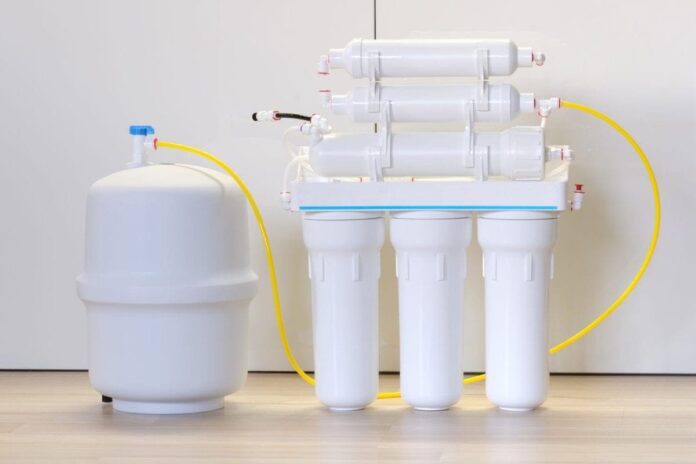
When choosing a water filter, it’s essential to consider both the flow rate and capacity to ensure that your household has an adequate water supply without experiencing significant delays or interruptions.
Flow Rate
The flow rate of a water filter refers to the amount of water that can pass through the filter in a given period, typically measured in gallons per minute (GPM).
A filter with a higher flow rate can deliver water more quickly, making it suitable for households with higher water usage.
For instance, a whole house filter with a flow rate of 10 GPM can provide sufficient water for multiple taps and appliances running simultaneously, ensuring that there’s no noticeable drop in water pressure.
Capacity
The capacity of a water filter refers to the total amount of water it can effectively filter before needing replacement or maintenance.
This is especially important for pitcher and countertop models, where the capacity determines how often you’ll need to refill or replace the filter.
For example, a pitcher filter with a capacity of 40 gallons may require more frequent refills and filter changes compared to a larger countertop unit that can handle 100 gallons or more.
Summary
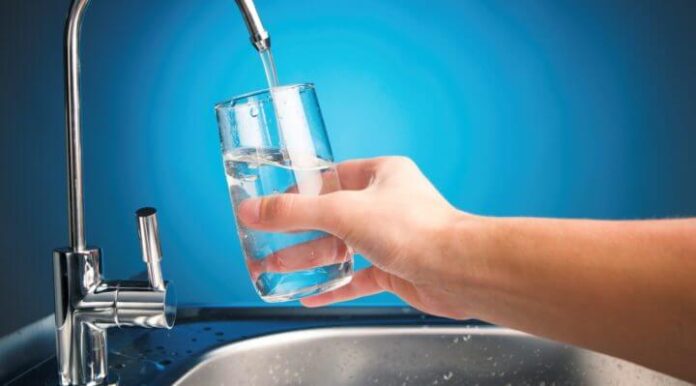
Choosing the right water filter involves understanding your specific quality issues and balancing cost, maintenance, and performance.
Testing your water quality and considering your household’s needs will help you make an informed decision for better health and safety.

